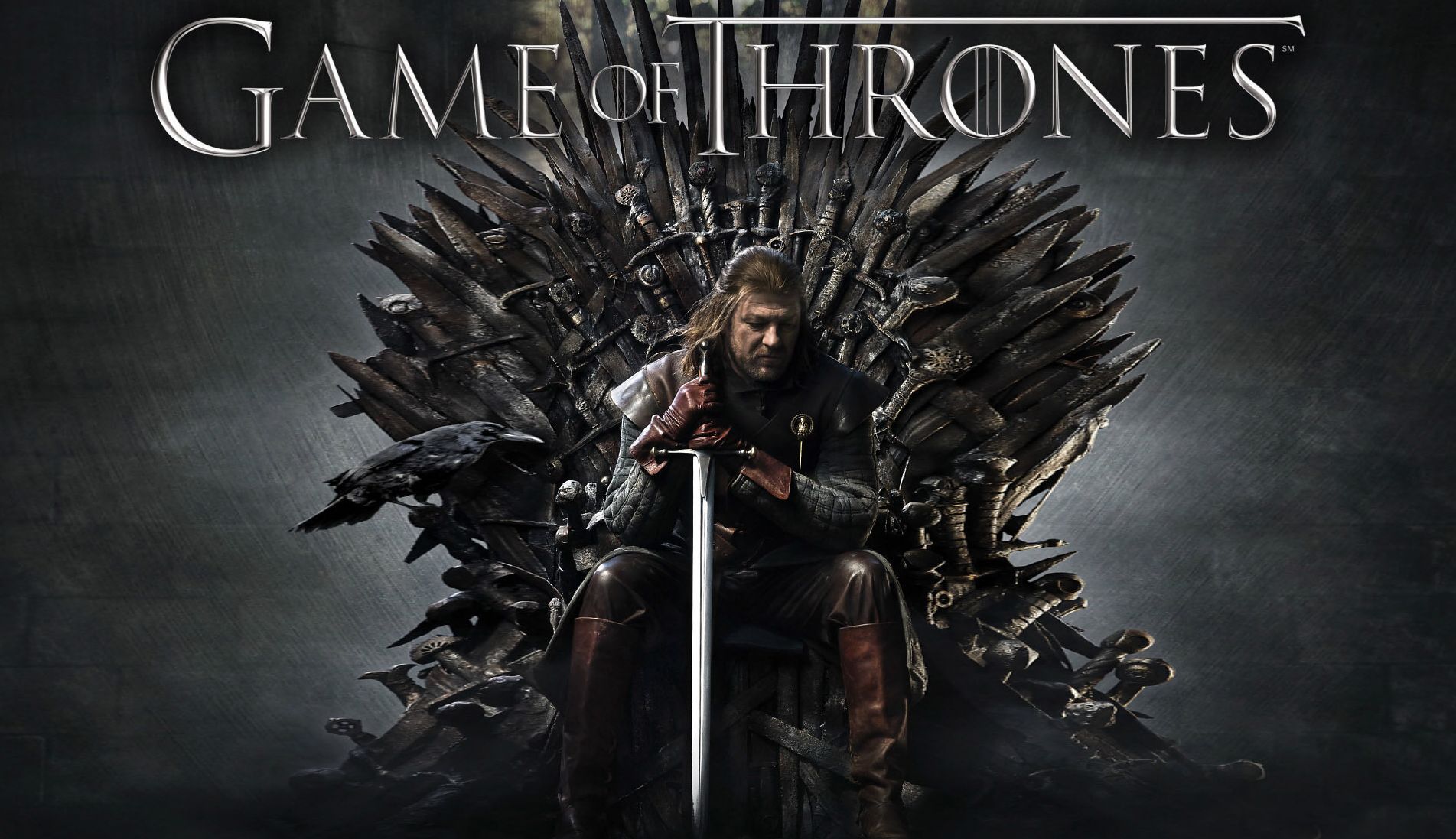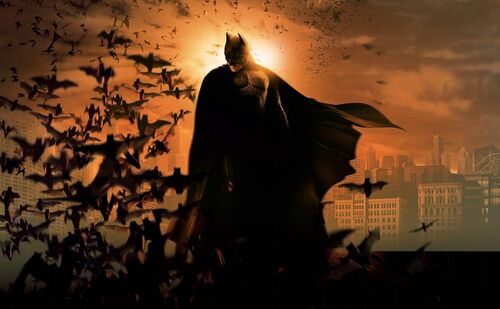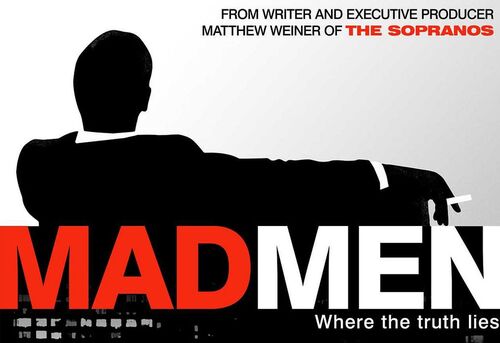
Game of Thrones: Cultural Victory or Creative Triumph?
 Game of Thrones finally took out the Emmy for Outstanding Drama at the Creative Arts Emmy Awards a fortnight ago, beating back competitors of great quality in the process. But While Thrones has become a cultural phenomenon, sitting atop its own throne ahead of all others as HBO’s most successful drama, is its 2015 success deserved?
Game of Thrones finally took out the Emmy for Outstanding Drama at the Creative Arts Emmy Awards a fortnight ago, beating back competitors of great quality in the process. But While Thrones has become a cultural phenomenon, sitting atop its own throne ahead of all others as HBO’s most successful drama, is its 2015 success deserved?
On one hand, it’s a resounding yes. After many nominations for the top prize in its 5 year life, Thrones has earned its place at the top. But apart from its outstanding visual effects and shock value, season 5 is arguably memorable for its controversy rather than its creative flare.
To put them in a list, season 5 is arguably the least compelling of the series’ run. Famous for its variety of parallel plots and multiple threads filled with enthralling characters, the latest season is largely hit and miss. Some characters received far less attention, and some threads were simply far less interesting. Not to mention, some were completely ignored.
It in truth felt like a sporadic season, lacking direction and filling holes with what could be described as filler, shock, and awe. Season 5 will actually be remembered for two notable scenes; the rape of a popular main character, and the burning alive of a child.
The Emmy victory feels like a prize for the entire series, a complementary trophy for many missed chances. If that’s the case, then there’s cause for concern. It asks the question, is the top prize awarded for outstanding creative feats, or does cultural significance overrule the craft?
There were fairy-tales to be had in this year’s nominee list. Mad Men, a huge winner over its run, enjoyed just one victory in its final hurrah at the ceremony, and is arguably at least as worthy of the victory as Thrones. Better Call Saul, an infant in the aftermath of its opening season, would have been a surprise for many, but for a few a worthy nod. Orange is the New Black came out of its comedy category bounds to run for the drama prize.
Along with them is Downton Abbey, its final season now kicking off, and a reinvigorated Homeland. House of Cards has long been a competitor at the annual event. But not one of these shows has such a widespread, worldwide influence as Thrones does. The series has become a weekly event in its ten week run, each season anticipated with impatience for ten months, conjuring online debate, good and bad, like no other property does.
Peter Dinklage received the award for Best Supporting Actor in a Drama Series, a worthy reward despite stern competition. The fact can’t be forgotten that in each of these categories, the competition is always tough. If it wasn’t, there’d be no point. Dinklage won it over stars such as Jonathan Banks, who put in a particularly deserving performance in Saul.
David Nutter won the Best Directing for a Drama Series award for Thrones, and show-runners David Benioff and D.B. Weiss won the award for Best Writing for a Drama Series. The series triumphed at the award show, leading HBO to a big win at the trophy table.
Game of Thrones earns 8 million viewers a week. Mad Men’s final episode gained just 3.3 million. Did the show win the award on popularity alone? Was it due to its willingness to take risks and stir controversy? Surely the champion of the illegal downloading world must be the best show on television? Maybe it’s all of these, or maybe the judges genuinely determined that Game of Thrones was the best in the business in the past year.
This may come from the fact that it blends all of the right elements. Television is not just script and acting. Game of Thrones, excelling in those (at least in the past) to begin with, shows editing prowess unseen on the small screen, taking cues from other modern shows and raising the bar. The music too, by Ramin Djawadi, meets the same scope as the visuals. Does the show’s cinematic value win based on its ability to rival big screen blockbusters?
The fact remains that Game of Thrones is a triumphant television event, more than a series gorged on in marathon sittings (though there's no doubt this has been a popular way of devouring it). Thrones offers anticipation that can barely be matched, its scope never failing to astonish its audience. Does it make it the best show on television this year? Probably not. The competition is fierce, and it always has been. The Wire never won any. Mad Men won 15. And Game of Thrones will continue to win awards right up until, to the dismay of millions, it ends for good.


